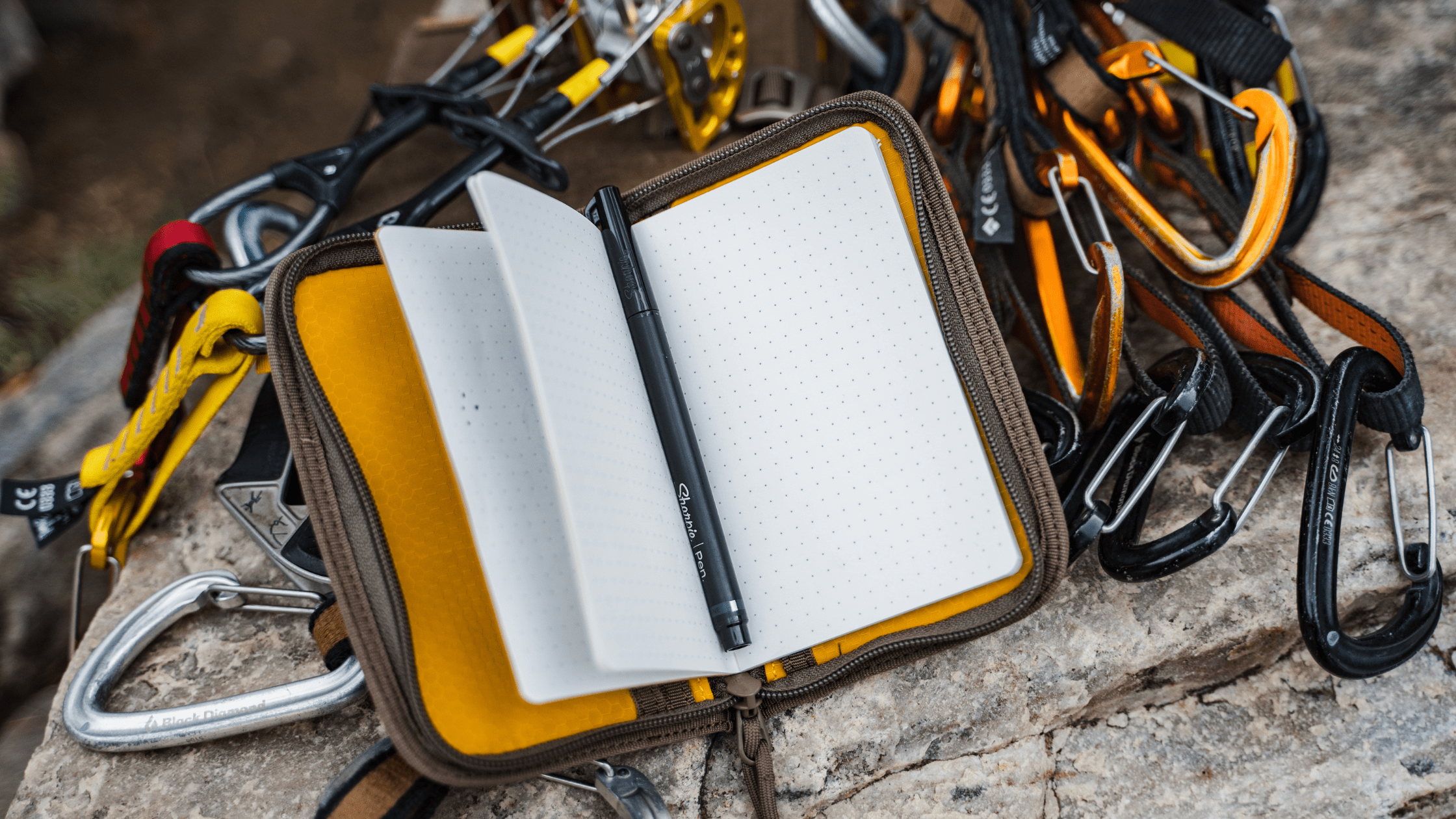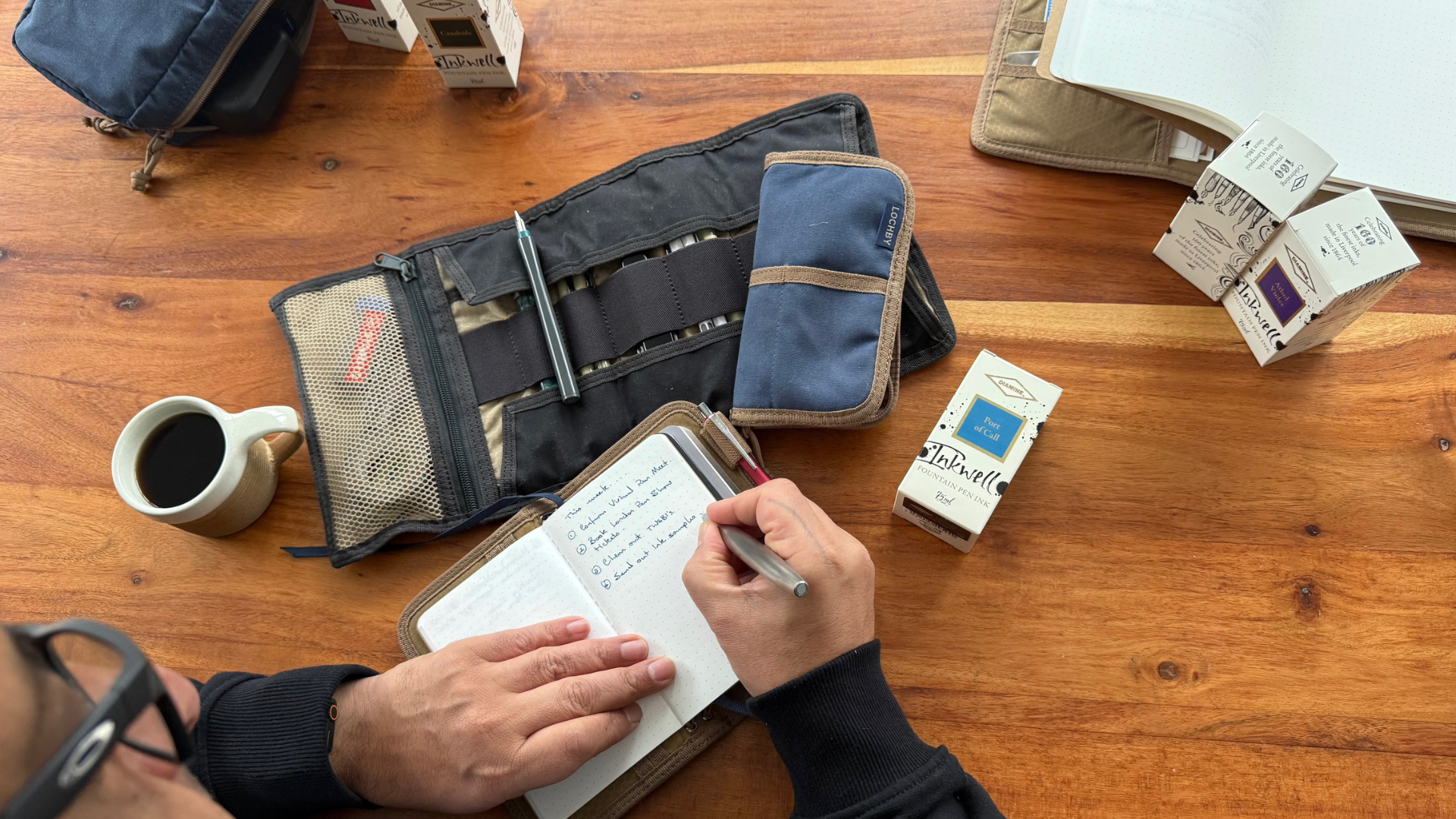For several centuries now, people have used journals for various reasons – whether for recording interesting anecdotes from daily life, doing a bit of late night introspection or planning an invasion. Yet, as times change and ideals evolve, journaling only seems to find more significant and varied use from year to year.
As avid journal keepers will tell you, journaling is a powerful practice that lets you accomplish diverse goals, from connecting with your inner Freud, to making sense of your incomprehensible schedule.
And as science is beginning to show, journaling may not only help you get a handle on your life, it may also help you become happier and more productive.
If you have been mulling over the idea of starting a journal, you’ll be pleased to learn about all the exciting ways journaling can help you become a better person. In this article, we explore the unique benefits of journaling and how to start and continue your very own journal.
Journaling is scientifically proven to be effective.
Researchers have long understood that writing things down can help boost recall, understanding and achievement. In a study by the Harvard Business School, researchers observed two groups of people who were participating in a training.
The first group was instructed to go through the training as usual, while the second was instructed to spend the last 15 minutes of the day reflecting on what they learned in a journal. At the end of the study, the researchers found that the group that reflected daily performed 23% better than the control group.
Another study by Professor of Psychology, Gail Matthews, found that people who wrote down their goals were more likely to achieve them than those who didn’t. She studied a diverse group of individuals from various industries and found that the simple act of writing down goals makes them tangible and more achievable.
So, journaling can be a potent tool for people who want to become more focused and productive. Even better, studies show that journaling can help reduce mental and physical trauma, leading to a happier and more relaxed life.
Dr. James Pennebaker, chair of the Department of Psychology at the University of Texas, discovered this valuable benefit of journaling in a study of 46 healthy students. The students were divided into two groups, with one group encouraged to write about traumatic personal events for about 15 minutes a day, for four days. The second group was instructed to write about inconsequential matters.
At the end of the study, it was found that the students who wrote about traumatic life events visited the university health center less frequently than the other students, within the 6 months after the study.
Benefits of keeping a journal.
The benefits of keeping a journal are innumerable. As the world we live in gets faster and faster, it has become increasingly harder to take a step back and just breathe. It’s so easy to lose track of important things and become overwhelmed by the little things.
That’s why the 5-20 minutes spent journaling everyday can be a powerful tool to reclaim your life and center yourself. Here are some more of the amazing benefits of journaling.
- Goal tracking. Are there things you want to do but just don’t come around to? Starting a daily journal where you write about how you’ve progressed on these goals can provide the impetus you need to get them done.
- Planning. You can split your goals into smaller tasks which you then schedule and execute throughout the day, week or month. Your journal helps you keep organize these tasks and keep track of them, boosting your overall productivity.
- Task completion. Just as it motivates you to keep at your goals, journaling helps you stay on top of your tasks. You wake up each morning with a clear idea of what you need to do. And remembering you have to write about it at night helps you stay honest and focused on the task.
- Time management. By planning tasks ahead of time, and fitting them into optimal spots throughout your day, you end up saving a lot of time. Having a journal lets you be fluid about tasks, prioritize (or reprioritize) them according to importance and urgency, and execute as needed.
- Critical reflection. Your journal is a great tool for critical reflection and introspection. If there are any thoughts you want to develop, write them down in your journal as you go through the day, and then spend extra time later at night to explore them. You’ll find yourself accessing deeper levels of self-knowledge and awareness than you expect.
- Emotional health. As Dr. Pennebaker’s study shows, journaling is therapeutic. Other studies show, for instance, that writing about their anxiety before a test helped a group of people perform better. Journaling is the equivalent of having a good long talk with yourself followed by a tight, warm hug.
- Inspiration and creativity. Journaling also gives you a great way to channel your creativity. Instead of having them pop up once and then fly away, you can record insights, ideas or just important points in your journal during the day, and then come back to develop them later.
Now we’re clear on just how valuable journaling can be for a more productive and self-assured life, your next question will be how do you get started. You’ll be glad to know it’s the simplest thing in the world.
How to start and maintain a journal.
The perfect thing about starting a journal is there are no fancy rules or principles involved. All you really need to start are tidy little journals (or diary, if you want to call it that), a trusty pen and the first words bubbling at the top of your mind.
There are several types of journals you can keep, and several ways you can choose to organize them. Some of the types of journals people keep include:
- Bullet journal. The Bullet Journal (or BuJo for short) is a journaling system that was created by Ryder Carroll. It’s a terrific mindfulness practice and productivity system that helps you unlock the benefits of journaling,
- Morning pages. Just as they sound, morning pages are your perfect early morning muse. The idea is to let your thoughts flow freely on to a piece of paper right after you wake up, which is when you’re at your most creative.
- Dream journal. Our dreams are a potent way to access our subconscious. With a dream journal, you can record your dreams and grasp a bit of what goes on in your mind when you sleep.
- “Dear Diary” journal. This is journaling at its most basic. Here’s where you record highlights of your day, your fears, hopes, loves and the essence of you.
After deciding on just what type of journal you’d like to keep, you’re pretty much ready to begin. Here are some extra tips to keep in mind that can contribute to your journaling experience.
- Lead with your “why.” You should always start a journal with a purpose in mind. Do you want to organize your life better, get a handle on your dreams or nurture your creative spark? Starting with a purpose helps you stay on track.
- Write every day. The key to unlocking the benefits of journaling is to do it every day. The more you write, the more comfortable you’ll become and easier it will be to connect with yourself on a deep level.
- Pick a set time or period. If you want to be consistent with journaling, create a schedule for it. You don’t need more than 5-20 minutes a day for your journal. It could be at a set time, say 9pm daily, or a period, maybe lunchtime daily.
- Be earnest, be yourself. Lastly, journaling is something you do for yourself. Make the most of it by being totally honest about your feelings, hopes and goals. It’ll help you.
If you’d like to start writing today, take the first step by procuring the perfect journal for your needs. Here at LOCHBY, we provide a gorgeous selection of handsomely made journals that will protect your thoughts and also feel great writing on.
Check out our collection today.





Share:
How to Improve Focus and Clarity In Your Life